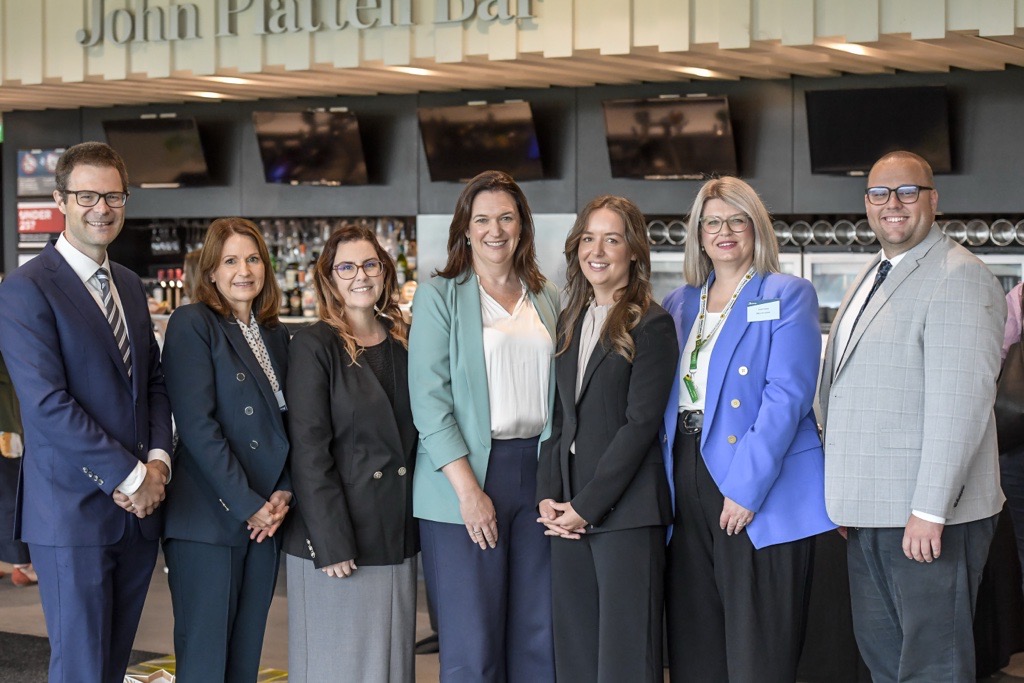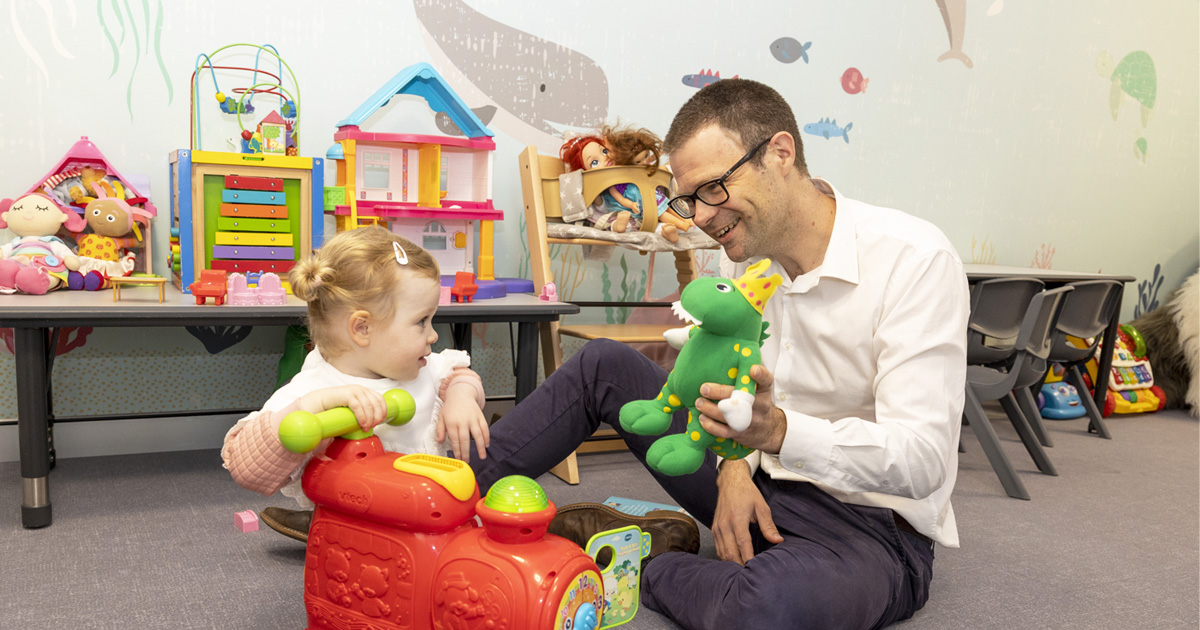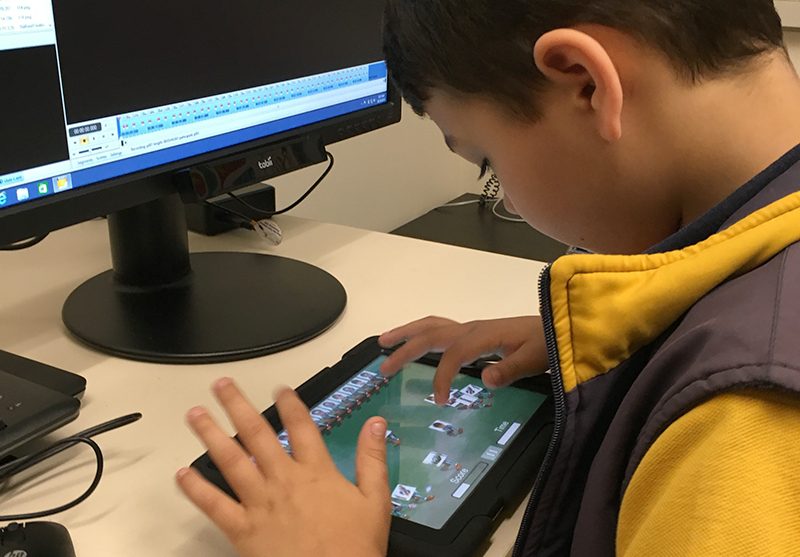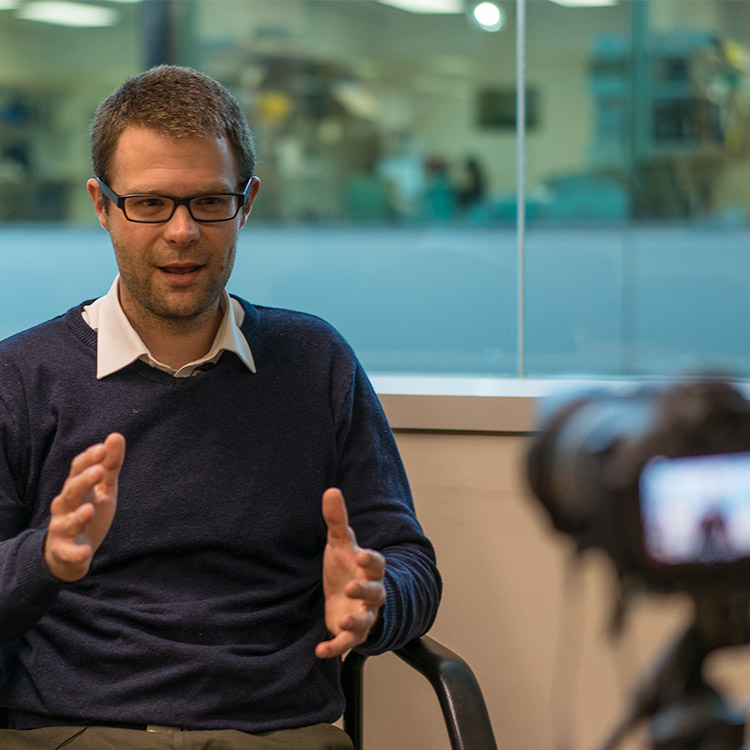Search

News & Events
World-first Inklings Program launches in South AustraliaSouth Australian families with babies showing early social and communication differences will be among the first to benefit from a nation-leading early support program, as The Kids Research Institute Australia’s Inklings Program officially launches in South Australia.
Research
Implementation of the National Guideline for the Assessment and Diagnosis of ASD in Australia – Health Sector Capacity BuildingAndrew Videos Whitehouse Watch and listen to Andrew PhD Deputy Director (Research); Angela Wright Bennett Professor of Autism Research at The Kids

The Sibling Project focuses on children, adolescents and emerging adults who have a sibling with a disability, investigating their mental health, relationships and quality of life.

National Siblings Day is a holiday dedicated to celebrating the bond between siblings. It is a time to recognize the importance of siblings, whether they are brothers, sisters, step-siblings, or even those who feel like family.
We want to hear from siblings living outside of Australian cities!

News & Events
Renowned Autism Researcher named Western Australian of the YearAutism researcher Professor Andrew Whitehouse has been named this year’s Western Australian of the Year in the HBF Professions category.

News & Events
The Kids welcomes Federal Government’s commitment to early supportThe Kids Research Institute Australia welcomes today’s Federal Government announcement of a new pilot program to support babies showing early social communication differences in Western Australia.

News & Events
Frankie and Friends appResearchers at The Kids Research Institute Australia and University of Western Australia have recently published data describing the use of an attention training game designed for school-aged children diagnosed with autism spectrum disorder (ASD).

News & Events
The Kids researchers finalists in Premier’s Science AwardsThe Kids Research Institute Australia has two researchers and an innovative science engagement initiative as finalists in the 2017 Premier’s Science Awards.

